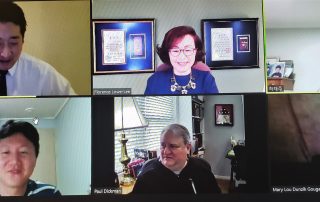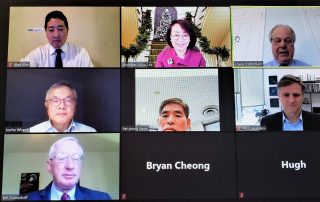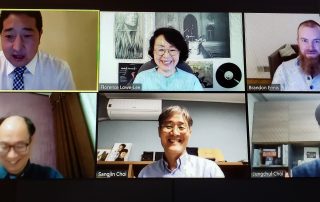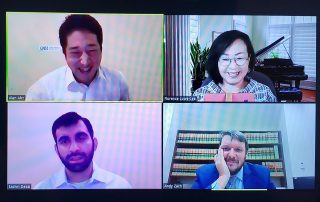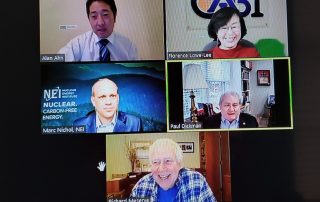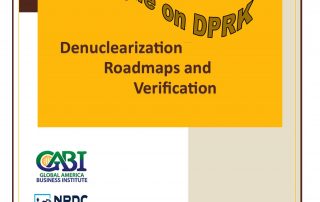Implications of Current Trends in the Nuclear Workforce: Recent Developments and Possible Responses
In the United States and South Korea, the nuclear industries are experiencing a decline in workforce. The shift away from nuclear in both countries can be cited as a potential factor in the declining workforce, as the US is experiencing premature reactor shutdowns and South Korea is experiencing a political shift towards an anti- nuclear
The U.S.-Korea Partnership in Clean Energy and Climate Change
Both the US and Korea have made strong political commitments to developing clean energy solutions to combat climate change and meet emissions targets as set forth in the Paris Accord. South Korea has introduced a “Green New Deal” that seeks to achieve net-zero carbon emissions by 2050 through the institution of more aggressive clean energy
Innovation in Wind Power Technologies: Cutting Edge Developments in Design and Optimization
South Korea and the United States have both invested resources into cutting edge developments in design and optimization of wind power technologies, ranging from motors, to blade design, and offshore wind design. Korea Institute of Energy Research (KIER) has a number of wind energy technology projects aimed at improving the optimization of the technologies. Sandia
Advancing International Civil Nuclear Cooperation and Engagement: Legislative and Policy Avenues
America's advanced nuclear renaissance has formed the springboard upon which the United States can regain world leadership in nuclear energy. However, a failure to develop global standards for advanced nuclear regulation, leverage capital and investment from international partners and allies, and establish a robust fuel cycle sector to support advanced reactors may threaten to derail
GABI Virtual Workshop – Advanced Reactor Licensing
Fulfilling the promise of advanced nuclear will, particularly in the U.S., require addressing issues of cost competitiveness. A major part of this challenge is the development of a regulatory framework that allows certainty and clarity for advanced reactor vendors navigating the licensing process. Historically, the NRC has employed a prescriptive approach that has been adapted
Dialogue on DPRK Denuclearization Roadmaps and Verification
In November 2018, Kyung Hee University located in Seoul, the Global America Business Institute (GABI) based in Washington, D.C., and the Natural Resources Defense Council (NRDC) headquartered in New York kicked off a series of private meetings to discuss findings from technical and policy experts related to a possible DPRK denuclearization roadmap. Given current circumstances


